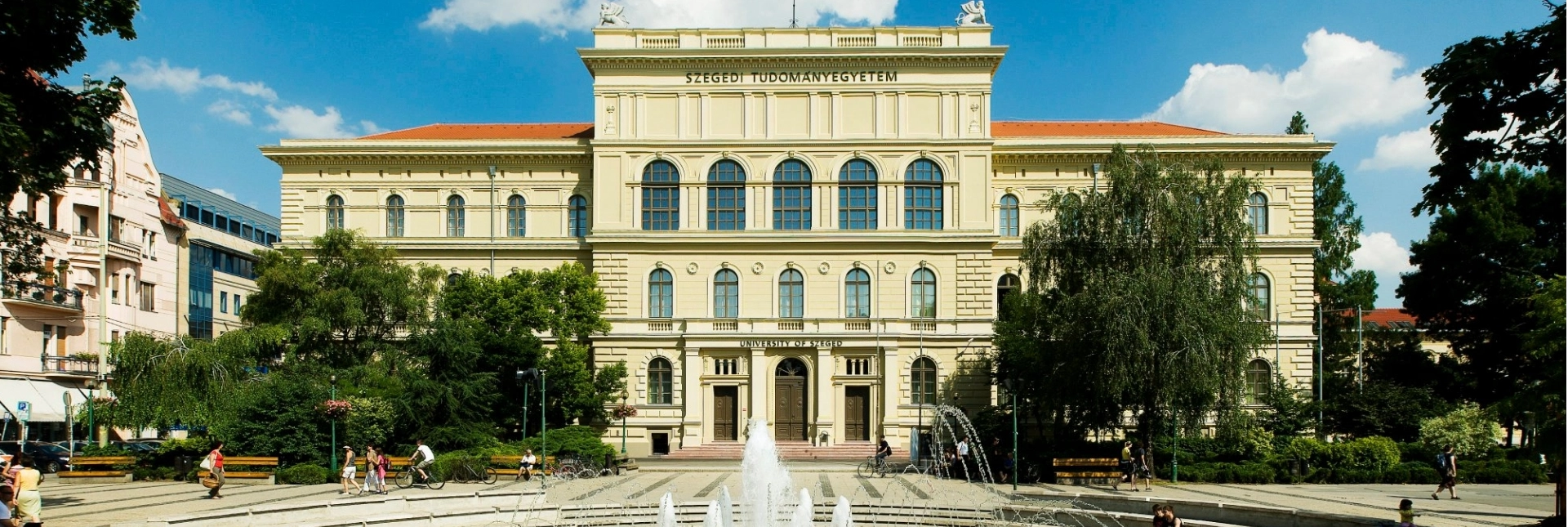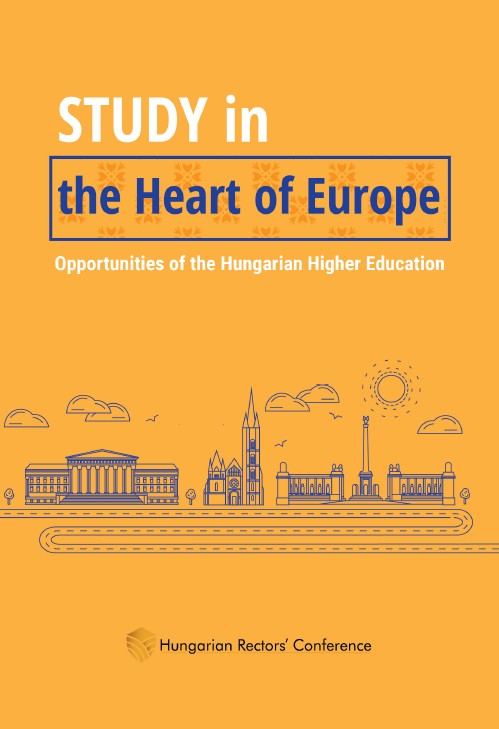
Introduction
The Hungarian Rectors’ Conference (HRC), the Secretariat, organizational framework
Hungarian Rectors’ Conference (HRC) is registered as a public corporation by the court. The whole higher education institution system is represented by HRC, a body comprising the heads of higher education institutions in accordance with the regulation of operation of HRC laid down in its Statutes.
The conditions of operation of HRC are ensured by higher education institutions. (Pursuant to the Civil Code public corporations are self-governing organizations with registered membership whose establishment has been ordered by law. Public corporations perform public duties related to their membership and/or the activities performed by their members. The law can prescribe certain public duties that must be performed by public corporations. Public bodies have the authorization, defined by law, to fulfil public duties, and they shall exercise such rights through self-management. The law may prescribe that certain public duties be performed exclusively by public corporations and that certain activities may only be performed by members of public corporations.)
The Hungarian Rectors’ Conference is classified, on the strength of law, as a high priority non-profit organization without being registered as a non-profit organization.
The Hungarian Rectors’ Conference is an independent public corporation entitled to represent higher education institutions and to protect their interests. HRC is an independent, consultative organisation with legal personality, which participates in state projects.
The Statutes of HRC established a four-level system of organization:
- Plenary Session (comprising 63 rectors)
- Committee (at present, there are 21 committees: 13 academic + 8 functional)
- Presidency (comprising 12+3 members)
The activity of HRC is supported by the Secretariat.

Representation for Hungarian higher education institutions
The HRC’s duty is to provide efficient single-channel domestic and foreign professional representation for Hungarian higher education institutions. The Act on Higher Education and other legal regulations provide for the means of representation of professional interests of higher education. Such means can be direct or indirect means.
2.1. Direct means:
HRC participates in the most important governance issues of higher education as a consultative organization. Under its consultative activity the Plenary Session opinions on any governance issue relating to
- the structure of training,
- the general rules of credit-based education,
- the rules of conferring doctorate degrees with honours,
- the order of multi-cycle training,
- the qualification framework,
- the procedure of launching a programme.
The consultative activity is for the Presidency on any governance issue belonging to the competence of the Ministry of Culture and Innovation, concerning:
- the programme and exit requirements in undergraduate and graduate education,
- the general rules on the organisation of postgraduate specialist training courses.
In other governance issues HRC may present proposals or opinions.
2.2. Indirect means:
Indirect means of the representation of interests may be constituted by the participation of the delegates of HRC in the activity of other bodies or organizations.
The Act on Higher Education grants authorization for HRC to delegate members and/or have representatives with the right to act in advisory capacity, and take part also in the work of the key organizations of higher education.
Other legal regulations grant the opportunity for HRC to take part in the activity or represent professional interests of scientific, research and labour market organizations.
The HRC is representing Hungarian higher education institutions also on international level, so it may delegate representatives with voting right to the sessions of the International Association of Universities (IAU) and the European University Association (EUA) as it is the member of such organizations with full powers. HRC keep contacts with European national rectors’ conferences and ministries of education.


 Hungarian
Hungarian
